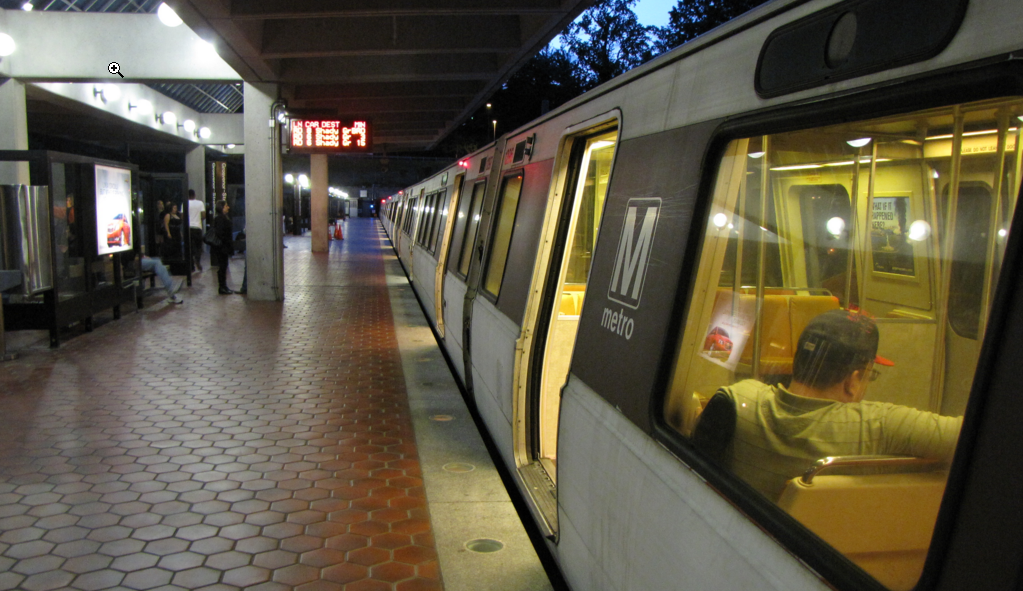This opinion piece by professor Antony Davies appeared in the Washington Post on October 16th. Below is an excerpt.
Metro takes its bizarre victim-blaming a step further, saying that in order to right these “safety wrongs” and bring ridership numbers back to those seen in the golden days, it will be forced to increase fares.
This is logic only a bureaucrat could love.
Poor service reduces ridership, which means less revenue and deferred repairs, which ultimately necessitates higher fares. In government logic, the conclusion of every argument is to “raise prices.”
Who is to blame? In Metro’s view, these problems seem to be the fault of its customers, who have decided that fares are already too high and have begun the silent, peaceful protest that is driving to work. The only way a fare increase could possibly lead to a revenue increase is if those taking the defunct trains have no alternatives: no roommates with cars, no ability to acquire a car, no bicycles and no access to other means of public transportation. Unless this is the case, economics says that increasing fares will decrease Metro ridership.
If Metro instead decreases its fares, it will see an increase in ridership. If it prices the fares just right, the combination of a decrease in fares and increase in ridership will result in an overall increase in Metro revenue and maybe — just maybe — customers will be able to use their phones simultaneously throughout the rail system and not fear long delays, crashing or fumes.
What exactly is the right fare to charge? It appears that no one knows, including Metro. It is not a private entity with a profit incentive to provide a high-quality, reasonably priced service. This is where we stumble upon the solution to almost every economic problem, although it is one that is sadly anathema to bureaucrats: privatization.”]


